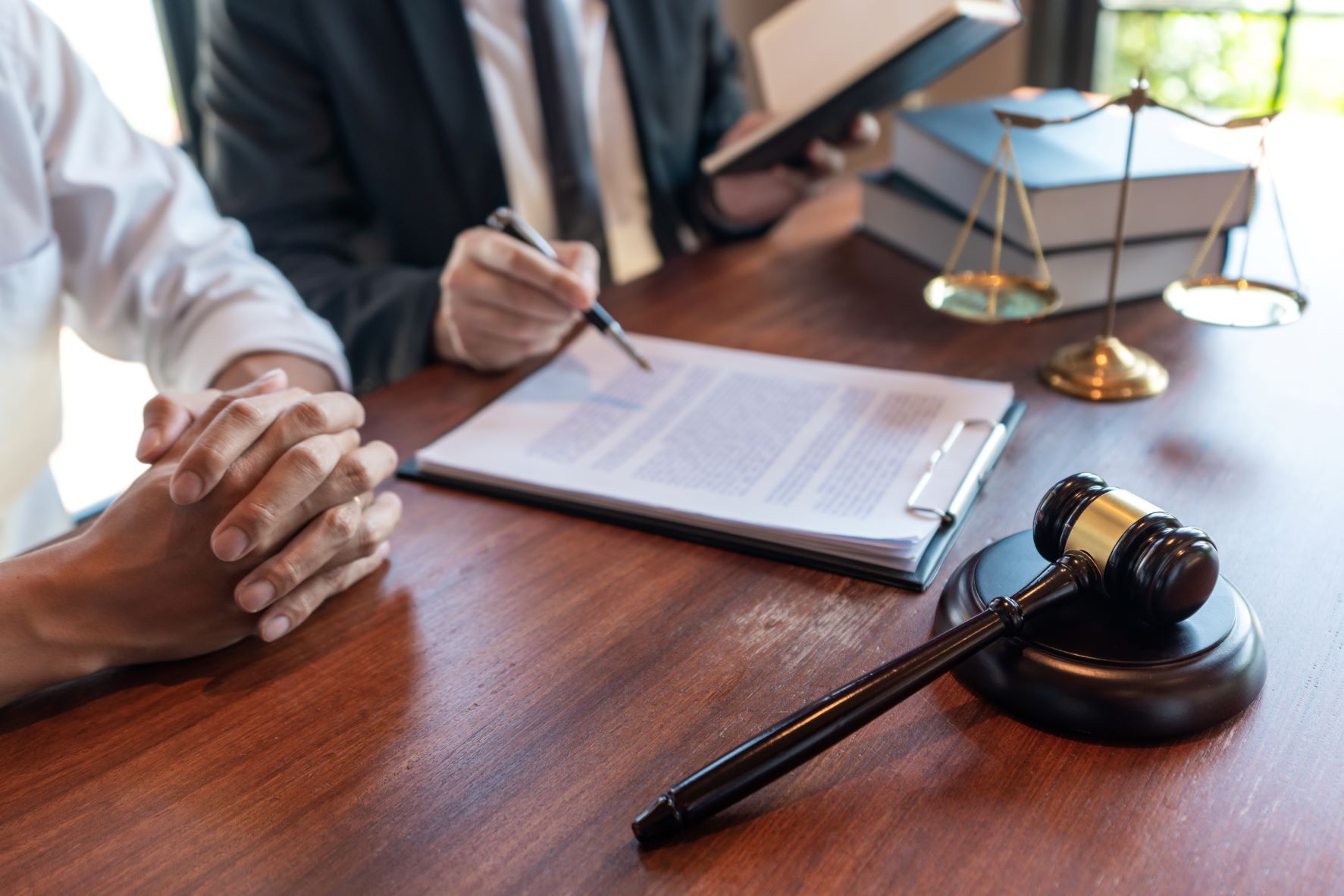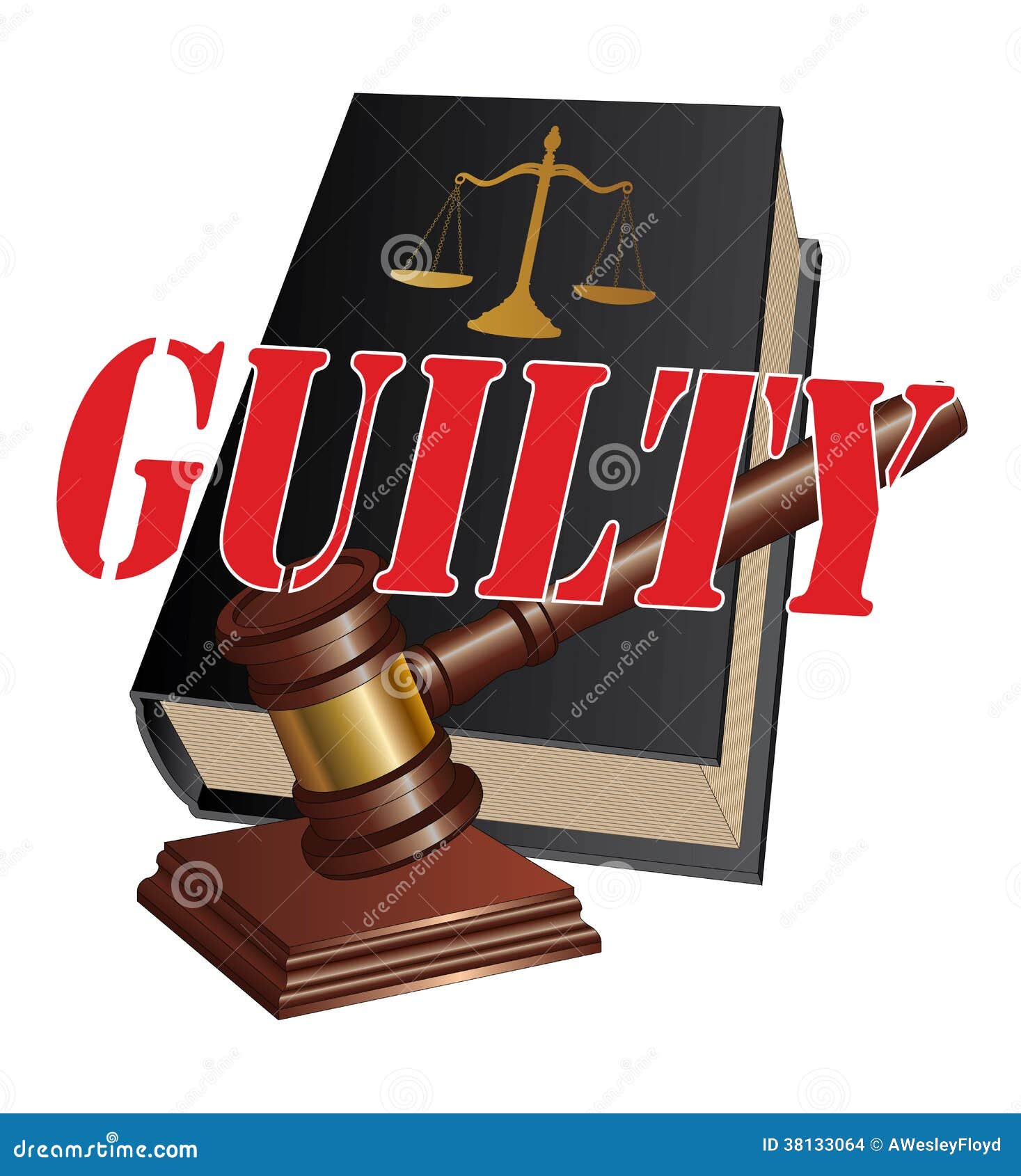Witnessing Court Proceedings: A Comprehensive Guide To Observing The Legal System? Don't miss the chance to understand the justice system in action by reading Witnessing Court Proceedings: A Comprehensive Guide To Observing The Legal System.

Secure Remote Court Proceedings | Pexip Video Conferencing - Source avispl.com
Editor's Notes: Witnessing Court Proceedings: A Comprehensive Guide To Observing The Legal System have published today date". Give a reason why this topic important to read.
After some analysis, digging information, made Witnessing Court Proceedings: A Comprehensive Guide To Observing The Legal System we put together this Witnessing Court Proceedings: A Comprehensive Guide To Observing The Legal System guide to help target audience make the right decision.
Key differences or Key takeways:
Transition to main article topics:
FAQ
Witnessing court proceedings offers an unparalleled glimpse into the intricate workings of the legal system. However, it also raises several questions. This FAQ aims to clarify common concerns and provide essential information for individuals seeking to observe the court in action.

3 Evidence Factors That Impact Court Proceedings | The Law Offices of - Source aggressivedefense.com
Question 1: What are the rules of decorum and attire in court?
Courtrooms demand a respectful and dignified atmosphere. Proper attire, typically business casual, and appropriate behavior are expected. Arrive on time, turn off all electronic devices, and refrain from disruptive actions like talking or eating.
Question 2: Can I take notes during the proceedings?
Yes, taking notes is generally permitted, as long as it does not interfere with the proceedings. However, recording devices, including phones and laptops, are typically prohibited without prior approval.
Question 3: What is the role of a bailiff?
Bailiffs maintain order and enforce courtroom rules. They assist the judge, ensure the safety of all present, and can remove individuals who disrupt the proceedings.
Question 4: What should I do if I am summoned to testify as a witness?
Cooperate fully and truthfully. Answer all questions asked by the lawyers and the judge. If you do not understand a question, ask for clarification. Dress appropriately, arrive promptly, and maintain a respectful demeanor.
Question 5: Can I challenge a decision made by the judge?
Challenging a judge's ruling is typically done through the formal process of appeal. While individuals may respectfully disagree with a decision, open challenges or disruptions in the courtroom are not tolerated.
Question 6: What should I expect after the trial is over?
Once the trial concludes, the judge or jury will issue a verdict. The losing party may choose to appeal the decision, initiating a higher-level review of the case.
By understanding these common questions and following courtroom etiquette, observers can gain valuable insights into the legal system while maintaining respect for the proceedings.
Transition: For additional guidance on navigating the complexities of court proceedings, explore the comprehensive resources available in the full article, "Witnessing Court Proceedings: A Comprehensive Guide To Observing The Legal System."
Tips
When witnessing court proceedings, proper conduct and etiquette are essential. Here are some tips to ensure a respectful and informative experience:
Tip 1: Dress Respectfully
Dress modestly and avoid clothing that could be distracting. Business attire is generally appropriate, but always check the court's specific dress code.
Tip 2: Arrive on Time
Punctuality shows respect for the court and its participants. Arrive early to secure a seat and familiarize yourself with the courtroom.
Tip 3: Be Attentive and Quiet
Observe the proceedings attentively and maintain silence. Avoid talking, texting, or making noises that could disrupt the court.
Tip 4: Follow Instructions
Obey the instructions of the judge or court staff. If you have any questions, ask the bailiff or court clerk politely.
Tip 5: Respect the Court
The courtroom is a dignified space. Show respect for the judge, attorneys, witnesses, and other participants.
Tip 6: Take Notes Discreetly
If permitted, take notes to aid your understanding of the proceedings. However, do so discreetly and without distracting others.
Tip 7: Understand the Terminology
Legal proceedings involve specialized language. Familiarize yourself with common terms Witnessing Court Proceedings: A Comprehensive Guide To Observing The Legal System beforehand to enhance your comprehension.
Tip 8: Seek Assistance If Needed
If you have any questions or concerns, do not hesitate to ask the court staff for assistance. They are there to facilitate your understanding.
Witnessing Court Proceedings: A Comprehensive Guide To Observing The Legal System
Editor's Notes: "Witnessing Court Proceedings: A Comprehensive Guide To Observing The Legal System" have published today. Understanding the legal system is crucial for every citizen. Witnessing court proceedings can provide valuable insights into how the legal system works and the role it plays in society.
Our team has done some analysis, digging information, made "Witnessing Court Proceedings: A Comprehensive Guide To Observing The Legal System" we put together this "Witnessing Court Proceedings: A Comprehensive Guide To Observing The Legal System" guide to help target audience make the right decision.

Observing Supreme Court Oral Arguments » Supreme Court of Ohio - Source www.supremecourt.ohio.gov
FAQ
Observing court proceedings offers a unique opportunity to witness the legal system in action. This guide provides comprehensive information on the subject, and this FAQ section addresses frequently asked questions to further enhance your understanding.

Guilty Verdict stock vector. Illustration of legal, courtroom - 38133064 - Source www.dreamstime.com
Question 1: Can I bring a recording device into the courtroom?
In most jurisdictions, recording devices are strictly prohibited within courtrooms. Audio and visual recordings are considered disruptive and may interfere with the proceedings. Note-taking is generally allowed using pen and paper.
Question 2: Can I speak freely within the courtroom?
Maintaining decorum and respecting court proceedings is crucial. Avoid speaking out of turn, disrupting the flow of the proceedings, or engaging in disrespectful behavior. If you have a query, raise your hand and wait for the judge's acknowledgment before speaking.
Question 3: Can I bring food or drinks into the courtroom?
Consuming food or beverages in the courtroom is generally not permitted out of respect for the court's dignity and to minimize distractions. Some jurisdictions may allow water bottles or covered beverages, but it's advisable to check the specific court rules beforehand.
Question 4: Can I use my phone during the proceedings?
Using electronic devices, including phones, is typically prohibited within the courtroom. The use of cameras, texting, and internet access may be considered disruptive and disrespectful. Turn off your phone or keep it in silent mode before entering the courtroom.
Question 5: Can I wear casual clothing to court proceedings?
Appropriate attire is essential for maintaining the solemnity and dignity of the court. Avoid wearing shorts, tank tops, or other informal clothing. Business or formal attire is generally recommended to show respect for the legal proceedings and those involved.
Question 6: Can I request the court to explain legal jargon or unfamiliar terms?
If you encounter legal jargon or unfamiliar terms during the proceedings, don't hesitate to politely ask the judge or court staff for clarification. They can provide explanations in simpler language to ensure you fully understand the proceedings.
Observing court proceedings can be an enriching experience, but it's essential to conduct yourself respectfully and adhere to established courtroom etiquette. By following these guidelines, you can gain valuable insights into the legal system while contributing to the smooth functioning of the proceedings.
For further information on courtroom etiquette and procedures, refer to the respective sections within the Witnessing Court Proceedings guide.
Witnessing a legal proceeding can be an intriguing and informative experience. For those interested in observing the inner workings of the legal system, "Witnessing Court Proceedings: A Comprehensive Guide to Observing the Legal System" offers a detailed exploration of courtroom proceedings.
Editor's Note: "Witnessing Court Proceedings: A Comprehensive Guide to Observing the Legal System" was recently published and provides valuable insights into the legal system. Understanding how court proceedings operate is crucial for individuals involved in legal matters and citizens seeking to engage with the justice system.
Through extensive research and analysis, we have compiled this comprehensive guide to assist individuals in comprehending the nuances of courtroom proceedings. This guide aims to empower readers with the knowledge and understanding necessary to navigate the legal system effectively.
Key Differences or Key Takeaways:
| Feature | Description |
|---|---|
| Purpose | Provides a thorough understanding of courtroom proceedings. |
| Content | Covers various aspects of court proceedings, including courtroom etiquette, trial procedures, and legal terminology. |
| Benefits | Empowers individuals to navigate the legal system effectively and participate meaningfully in court proceedings. |
Transition to main article topics:
FAQ
This comprehensive guide provides valuable insights and practical advice for individuals interested in observing court proceedings. Understanding the legal process and courtroom etiquette is crucial for a meaningful experience. Here are some frequently asked questions and answers to assist in navigating the complexities of witnessing court proceedings:

The Role of Skip Tracing in Legal Proceedings: A Comprehensive Overview - Source www.tracers.com
Question 1: Can I attend any court proceeding?
Generally, court proceedings are open to the public. However, certain cases, such as those involving sensitive information or minors, may be closed to the public to protect privacy or ensure a fair trial.
Question 2: How should I dress when attending court?
Dress respectfully to show respect for the court and its proceedings. Avoid casual or revealing attire, opt for modest clothing that covers your body appropriately.
Question 3: Can I bring electronic devices into the courtroom?
It is generally not permitted to bring electronic devices into the courtroom. This includes cell phones, laptops, and cameras. However, some courts may allow the use of electronic note-taking devices upon request.
Question 4: What is expected of me as an observer?
Maintain respectful conduct throughout the proceedings. This includes remaining quiet, paying attention to the proceedings, and refraining from talking or communicating with others in the courtroom.
Question 5: Can I ask questions or interact with the court?
It is not appropriate to ask questions or interact with the court directly. The proceedings are conducted by the judge, attorneys, and other court officials.
Question 6: What should I do if I need to leave the courtroom during the proceedings?
If you need to leave the courtroom during the proceedings, quietly approach the courtroom deputy and request permission to exit. Wait for the appropriate time, such as a break or recess, to leave the courtroom discreetly.
By following these guidelines, you can have a meaningful and respectful experience while witnessing court proceedings. Remember to observe the proceedings quietly and attentively, and respect the authority of the court.
To delve deeper into the intricacies of courtroom observation, refer to the article "Witnessing Court Proceedings: A Comprehensive Guide To Observing The Legal System."
Tips
Attending court proceedings as an observer can provide valuable insights into the legal process. Observing Witnessing Court Proceedings: A Comprehensive Guide To Observing The Legal System, can help you understand how the court system functions, witness the legal process in action, and learn about different types of cases.
Tip 1: Dress respectfully. Courtroom attire should be modest and appropriate, as you are not there to draw attention to yourself but to observe the proceedings.
Tip 2: Arrive on time. Punctuality shows respect for the court and ensures you don't miss any important parts of the proceedings.
Tip 3: Be quiet and respectful. Turn off cell phones and refrain from talking or making noise during the proceedings.
Tip 4: Take notes. If you want to remember details, bring a notepad and pen to take notes. However, recording devices are not allowed in most courtrooms.
Tip 5: Follow the proceedings closely. Pay attention to what is being said, who is speaking, and any evidence or testimony presented.
Tip 6: Ask questions. If you have any questions after the proceedings, you can approach the court clerk or bailiff for clarification.
Witnessing Court Proceedings: A Comprehensive Guide To Observing The Legal System
To witness Court Proceedings serves to comprehend the justice system, its tenets, and the intricacies of the law, by bearing witness to its proceedings firsthand.
- Formal Decorum: Maintain appropriate conduct and attire as per court protocol.
- Respect for Authority: Acknowledge the roles of the judge, jury, attorneys, and court staff.
- Attentive Observation: Focus on proceedings, including testimonies, evidence, and legal arguments.
- Limited Communication: Refrain from speaking or interacting during the hearing unless requested.
- Professionalism: Exhibit respect for all parties involved and avoid disruptive behavior.
- Ethical Considerations: Do not discuss case details with others or post information on social media.
Observing court proceedings provides insights into the complexities of the legal system. The decorum and formality underscore the seriousness of the proceedings, while respecting authority fosters an environment conducive to justice. Attentive observation enables one to understand the intricacies of legal arguments and the role of evidence in shaping outcomes. The limitations on communication and professional behavior ensure the integrity of the process. Ethical considerations extend beyond the courtroom, emphasizing the importance of confidentiality and the avoidance of prejudicing the case.

Coriolis-Observing-System1 - EuroGOOS - Source eurogoos.eu
Witnessing Court Proceedings: A Comprehensive Guide To Observing The Legal System
The book "Witnessing Court Proceedings: A Comprehensive Guide To Observing The Legal System" provides a comprehensive overview of the legal system and how to observe court proceedings. It is an essential resource for anyone who wants to learn more about the legal process.

The Enchanting Aurora Borealis: A Comprehensive Guide To Witnessing The - Source downloadgamesforpcoffline.pages.dev
The book covers a wide range of topics, including the different types of courts, the roles of the various participants in a trial, and the procedures that are followed. It also provides tips on how to observe court proceedings effectively and how to understand what is happening.
Witnessing court proceedings can be a valuable learning experience. It can help you to understand how the legal system works and how it affects your life. It can also help you to develop a greater appreciation for the rule of law.
If you are interested in learning more about the legal system, I highly recommend reading "Witnessing Court Proceedings: A Comprehensive Guide To Observing The Legal System." It is a valuable resource that will help you to understand how the legal system works and how it affects your life.
| Topic | Description |
|---|---|
| Types of Courts | The book discusses the different types of courts in the US, including federal and state courts, and the jurisdiction of each type of court. |
| Roles of Participants | The book explains the roles of the judge, jury, attorneys, witnesses, and other participants in a trial. |
| Procedures | The book describes the procedures that are followed in a trial, from the opening statements to the closing arguments. |
| Tips for Observing | The book provides tips on how to observe court proceedings effectively, including how to dress, how to behave, and how to take notes. |
| Understanding the Proceedings | The book helps readers to understand what is happening in court, including the legal jargon that is used and the significance of the evidence that is presented. |
Conclusion
Witnessing court proceedings can be a valuable learning experience. It can help you to understand how the legal system works and how it affects your life. It can also help you to develop a greater appreciation for the rule of law.
If you are interested in learning more about the legal system, I highly recommend reading "Witnessing Court Proceedings: A Comprehensive Guide To Observing The Legal System." It is a valuable resource that will help you to understand how the legal system works and how it affects your life.